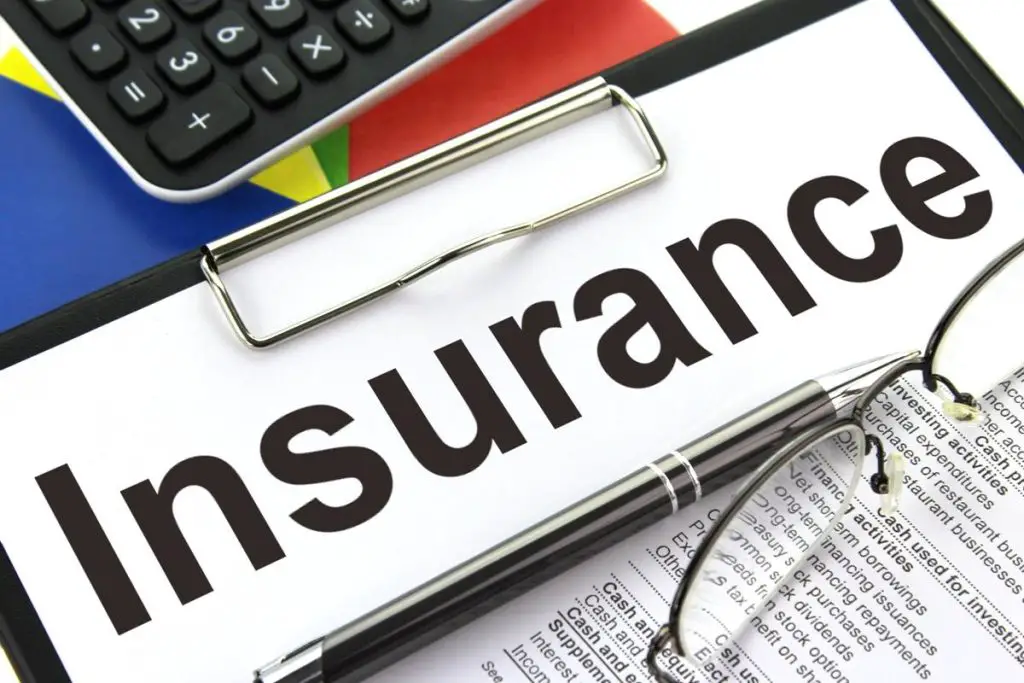Introduction: In the realm of automotive transactions, insurance auto auctions represent a unique and often misunderstood sector. These auctions serve as a vital marketplace for vehicles that have been declared total losses by insurance companies, salvaged due to accidents, or repossessed by financial institutions. This article aims to provide an in-depth exploration of insurance auto auctions, shedding light on their operation, significance, and how they function within the broader automotive industry.
Understanding Insurance Auto Auctions:
Insurance auto auctions, commonly referred to as IAAs, are specialized auction platforms where damaged, salvaged, or repossessed vehicles are sold to licensed dealers, dismantlers, rebuilders, and sometimes the general public. These auctions serve as a crucial link between insurance companies, vehicle owners, and prospective buyers, facilitating the disposition of vehicles deemed unfit for road use or requiring significant repairs.
The Role and Significance of Insurance Auto Auctions:
- Vehicle Disposition: IAAs provide a streamlined process for insurance companies to dispose of vehicles deemed total losses due to accidents, theft, or natural disasters. By selling these vehicles at auction, insurers can recover a portion of their losses and mitigate the financial impact of insurance claims.
- Recovery and Repossession: Financial institutions utilize insurance auto auctions to recover vehicles from delinquent borrowers who have defaulted on their loans. These repossessed vehicles are then auctioned off to recoup outstanding debts, serving as a crucial component of the repossession and debt recovery process.
- Opportunity for Buyers: For buyers, insurance auto auctions present an opportunity to acquire vehicles at discounted prices. While some vehicles may require extensive repairs or restoration, others may be in relatively good condition, offering significant savings compared to purchasing from traditional dealerships.
How Insurance Auto Auctions Work:
- Vehicle Acquisition: Insurance auto auctions acquire vehicles primarily through partnerships with insurance companies, financial institutions, fleet owners, rental agencies, and government agencies. These vehicles are often obtained through insurance claims, repossessions, or fleet turnover.
- Vehicle Inspection and Evaluation: Prior to auction, vehicles undergo thorough inspection and evaluation to assess their condition, damage extent, and estimated repair costs. This information is crucial for buyers to make informed bidding decisions.
- Auction Process: Insurance auto auctions are typically conducted either in-person at physical auction yards or online through digital platforms. Bidders register for auctions, review vehicle listings and inspection reports, and participate in live or timed bidding events.
- Bidder Requirements: To participate in insurance auto auctions, bidders must meet certain eligibility criteria, such as holding a valid dealer license, being a registered dismantler or rebuilder, or meeting specific membership requirements for public auctions.
Becoming an Insurance Auto Auction Buyer:
- Obtain Necessary Licensing: To participate as a buyer at insurance auto auctions, individuals must obtain the appropriate licensing or permits as required by state laws. This often includes securing a dealer license, dismantler license, or similar credentials depending on the jurisdiction.
- Research and Due Diligence: Prospective buyers should conduct thorough research on the auction process, bidding strategies, and the types of vehicles available. It’s essential to assess the risks and potential rewards associated with purchasing salvage or damaged vehicles.
- Financial Preparation: Buyers should ensure they have adequate funds or financing arrangements in place to cover purchase prices, auction fees, transportation costs, and any necessary repairs or refurbishments.
- Attend Auctions and Gain Experience: Attending insurance auto auctions as an observer or guest can provide valuable insights into the auction dynamics, bidding strategies, and vehicle condition assessment. Gaining firsthand experience can help new buyers navigate the auction process more effectively.
Insurance auto auctions play a vital role in the automotive industry, serving as a centralized marketplace for the disposition of damaged, salvaged, and repossessed vehicles. These auctions provide a valuable opportunity for insurance companies, financial institutions, and buyers alike, facilitating the efficient transfer of assets while mitigating financial losses. Understanding how insurance auto auctions operate, their significance, and the steps involved in becoming a buyer empowers individuals to navigate this specialized sector with confidence and expertise. Whether seeking to liquidate assets or find a bargain on a salvage vehicle, insurance auto auctions offer a unique avenue for automotive transactions in today’s market landscape.


